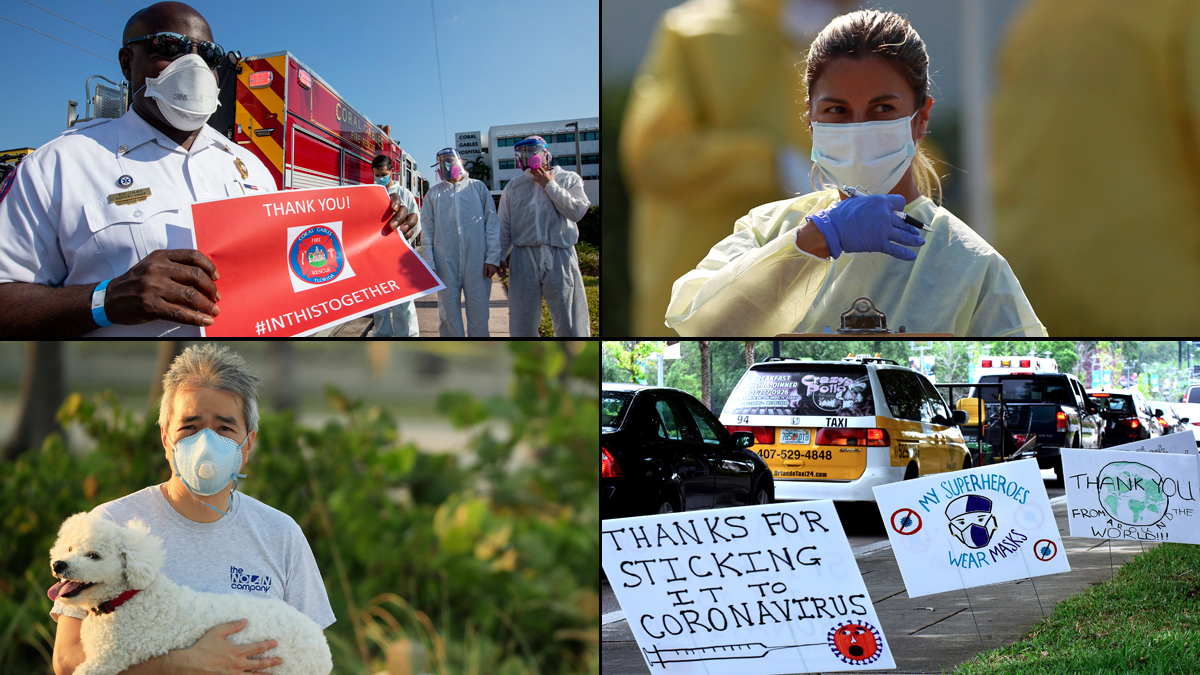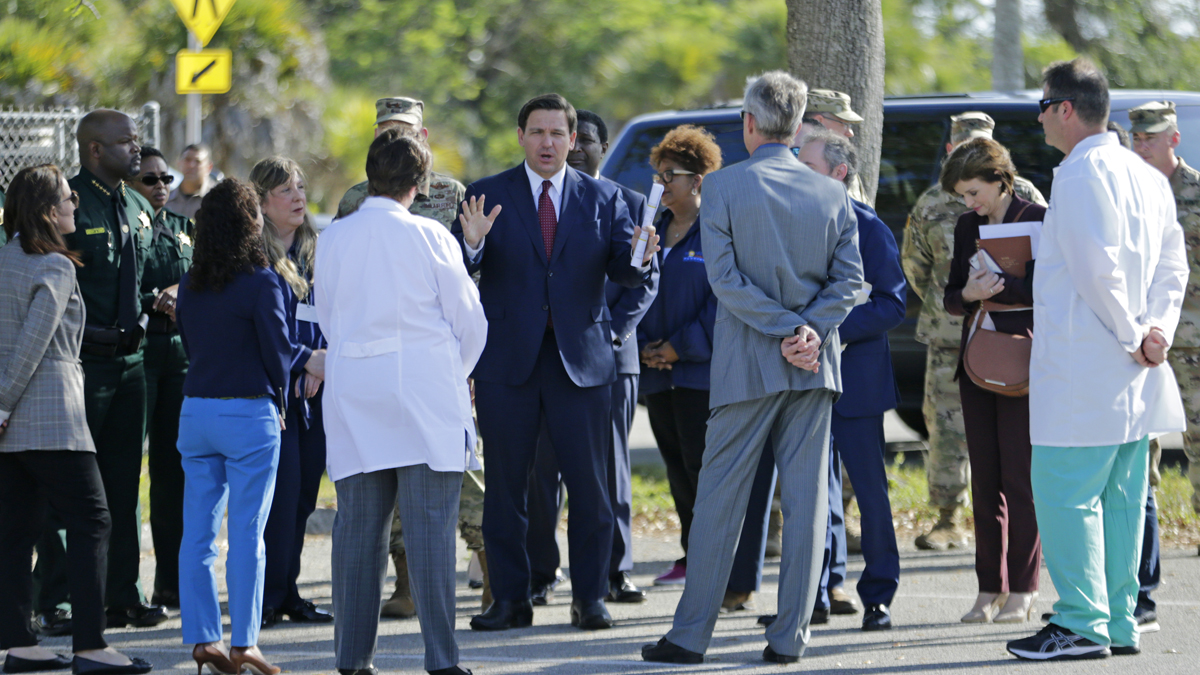Dr. Cameron Kyle-Sidell returned home from a shift at his Brooklyn hospital on March 31 and recorded an urgent You Tube message that is resonating in the medical community.
"I feel we are treating the wrong disease," he said, noting critically low blood- oxygen levels and a pneumonia diagnosis usually calls for patients to be intubated and connected to ventilators.
"I feel this misguided treatment will lead to a tremendous amount of harm to a great number of people in a very short time," he said. "COVID-19 as far as I can see is not a pneumonia and should not be treated as one."
CORONAVIRUS LATEST
His analysis came after an Italian physician wrote about how some COVID-19 patients with low blood oxygen and labored breathing recovered without ventilators.
Now others in emergency medicine are taking note and seeing similar evidence.
"I’ve never seen anything like this," said Dr. David Farcy, head of emergency medicine at Mount Sinai Medical Center in Miami Beach. "This has challenged every dogma, has channeled every belief, has challenged anything I’ve studied."
He described how his first patient entered the ER with blood oxygen levels so low, he was amazed he could speak lucidly.
"I would have probably intubated him and he’s looking at me like he wants to go home. And he’s like, 'I’m not staying in the hospital,'" Farcy recalled. "I was finding myself having a conversation with somebody I thought was hypoxic (lacking sufficient oxygen) and I'm thinking to myself, he's not capable of making decisions. But he made more sense than me at the time. I was very confused, but at the same time, it opened my mind and the mind of others to find alternatives to ventilation."
After all, he said, "catastrophic" data from China and Europe shows 50% to 80% of those intubated die.
So he gave the patient high levels of oxygen and had him lay on his side, and then on his chest, and saw blood oxygen quickly return to safe levels.
"I'm not saying patients don’t need ventilators, I’m saying we’re trying to limit the patient and use alternative therapy," he said.
"Some of them do extremely well," he said, though "some of them require ventilation, but at least we are limiting that intubation."
Less intubation means fewer ventilators are needed and hospitals have reported not reaching the projected demands for those machines.
Other doctors warn treatment protocols should not be changed without more controlled study, but in an emergency, some latitude is given in emergency rooms.
Doctors on the front lines say they are sometimes amazed at what they are seeing with this virus and continue learning from it.



